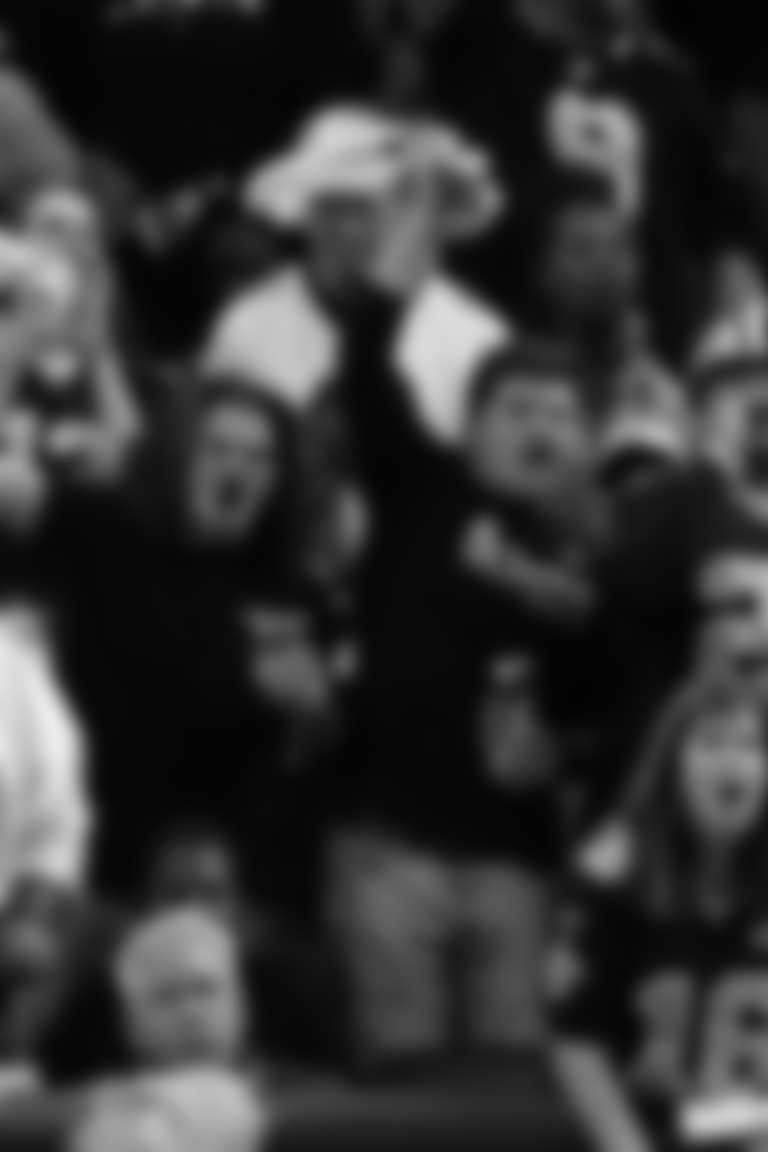If New Orleans Saints Coach Sean Payton said once during the offseason that he wanted his team to improve its four-minute offense, he said he a few hundred times.
But it might have sounded a tad ambitious to have asked for something like this: After taking over possession against Minnesota on Sunday with a 20-9 lead and 6:58 remaining, the Saints never gave the ball back to the Vikings.
Fourteen plays, excluding one defensive penalty.
Seventy yards.
Three third-down conversions (one on third-and-10 and another, on third-and-11).
When Drew Brees kneeled one final time and time expired 36 seconds later, with the Saints having driven from their 16-yard line to the Vikings 14, it ended one of the most impressive non-scoring drives New Orleans will produce this season.
Excluding Brees' two kneel-downs (for minus-2 yards), the Saints ran eight times (all by Khiry Robinson) for 27 yards, Brees completed three of four passes for 40 yards and baited Vikings defensive end Everson Griffen into a neutral zone infraction on third-and-3, the resulting 5-yard penalty giving the Saints their 27th first down.
"I think the challenge in our league is running the ball when the opponent knows you're going to run the ball," Payton said Thursday. "It's hard enough to begin with, but when you're in that situation you're getting a run-heavy defense and so trying to come up with 10 yards, trying to come up with a first down – and last week was a little bit longer than one first down – I think that when you're able to finish that way and never having to put your defense back on the field, I think that's a boost to your team.
"It doesn't always have to be a run. As a play-caller, you're thinking, 'If we throw and it's incomplete, the clock stops and it's like giving them an extra timeout.' But sometimes, you get aggressive and we'll throw it off of play action.
"I think it's important because you're going to get into those situations and your ability to force them to use their timeouts, and your ability to convert that one first down you need – last year it came up a couple of times and we weren't able to do that. It's been something that we've talked about and looked at closely. It certainly has been something that we pointed out as a goal for the offense."
Specifically, he could reference road losses last year against New England and Carolina.
In a 30-27 loss to the Patriots, the Saints couldn't produce a first down after Keenan Lewis' interception with 2:16 left, paving the way for New England to win on a 17-yard touchdown pass with five seconds remaining.
In the 17-13 loss to the Panthers, Carolina produced a five-play, 65-yard touchdown drive in 32 seconds, leaving just 23 seconds on the clock.
This season, Atlanta and Cleveland rallied late to post victories against the Saints.
But against Minnesota, New Orleans produced the needed stops and then constructed an offensive march to extinguish the Vikings' hopes.
"There's a lot of mentality involved in that situation, in terms of finding a way, scratching and clawing to get every yard," right tackle Zach Strief said. "And that drive really counts. There was a lot of awareness in that huddle of the importance of closing that game out, something we obviously didn't do the first two weeks and had opportunities to.
"It's kind of ironic because we didn't close the game out when we could've, and yet, at the end we did. Every week is different, but we've got to have that same sense of urgency at the end of every game.
"It was good. We ran a bunch of plays and Drew was efficient on it. It's little things. You can run a lot of clock down if you're smart about getting out of bounds. I think we only stopped the clock once on that drive, and it was a throw on the sideline. Running backs were staying inbounds, receivers were getting down in the field of play, letting that clock just constantly go.
"It's easier to burn up six minutes than you might think if you're getting first downs and being smart about it. it was a good drive and I know the next time we're in that situation, that huddle is going to have that same sense of urgency and that same kind of chatter in terms of what's important in those situations."


















